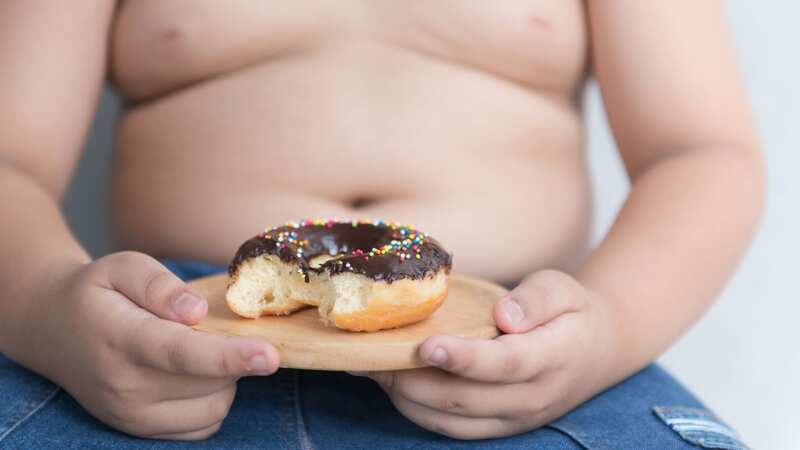UK cities with fattest kids as one in four Year 6s are now obese - see full list

New data has revealed which British cities have the unhealthiest kids.
The National Institute for Health and Care Research lists are based on NHS statistics and show one in four children in Year 6 in England are now obese, likely as a result of the Covid-19 pandemic.
Figures show 22.7% of 10 to 11-year-olds met the criteria in 2022/23, more than the pre-pandemic 21%. Adding both obesity and overweight together, NHS figures show 40.9% of Year 6s from poorer areas are an unhealthy weight. The statistics are up from 35.2% before the Covid pandemic, indicating kids became heavier during lockdown when they had no school and couldn't play sport outdoors.
In the east London borough of Barking and Dagenham almost a third (32%) of Year 6 pupils fell into the category of being obese or severely obese. The unhealthy picture was replicated in Knowsley (30.7%), Sandwell (30.6%), Stoke-on-Trent (30.2%) and Wolverhampton (30.2%). Among children headed to senior school, the figures were as low as 10.4% in Guildford, Surrey, and 13.2% in Richmond upon Thames.
Recent predictions show children's weight gain in lockdowns is poised to cost the economy almost £9billion. The National Institute for Health and Care Research gave the estimations and said 85% of obese kids remained the same way into adulthood. The weight gains and obesity could mean they will suffer type 2 diabetes, cancer and heart disease, claims the study. And health experts believe thousands could face "lifelong health consequences".
 Teachers, civil servants and train drivers walk out in biggest strike in decade
Teachers, civil servants and train drivers walk out in biggest strike in decade
Boston in Lincolnshire is home to the most overweight children, with 29.9% of kids living there considered obese. This was was followed by Newham (29.7%), Newcastle upon Tyne (29.2%), Manchester (29.1%) and Nottingham (29.1%). Meanwhile Halton, Cheshire, recorded 28.7% of its Year 6s who were considered obese.
Middlesbrough came next with (28.5%), Tower Hamlets (28.4%), Southwark (28.3%), Westminster (28.3%) and Luton (28.2%). Walsall recorded (28.1%), Lincoln (28%), Liverpool (28%) and Rotherham (28%).
Professor Mark Hanson, from the University of Southampton, who co-wrote the new study, said: "Once established, obesity has proven to be difficult to reverse. Some 60% - 85% of children with obesity remain obese in adulthood, increasing their risks of future ill-health. Our finding of a rapid return to pre-pandemic levels of overweight and obesity in the youngest children suggests new policies should target under-fives. This is likely to be an effective means of tackling the growing problem of childhood obesity."
The Department for Health and Social Care insisted it was trying to tackle the problem across all socio-economic groups. A spokesman told The Sun: "We require labelling on pre-packed foods to set out a variety of information to aid shoppers, including a list of ingredients and nutritional data, and we have introduced legislation to restrict the placement of foods high in fat, sugar or salt in supermarkets."
Read more similar news:
Comments:
comments powered by Disqus

































